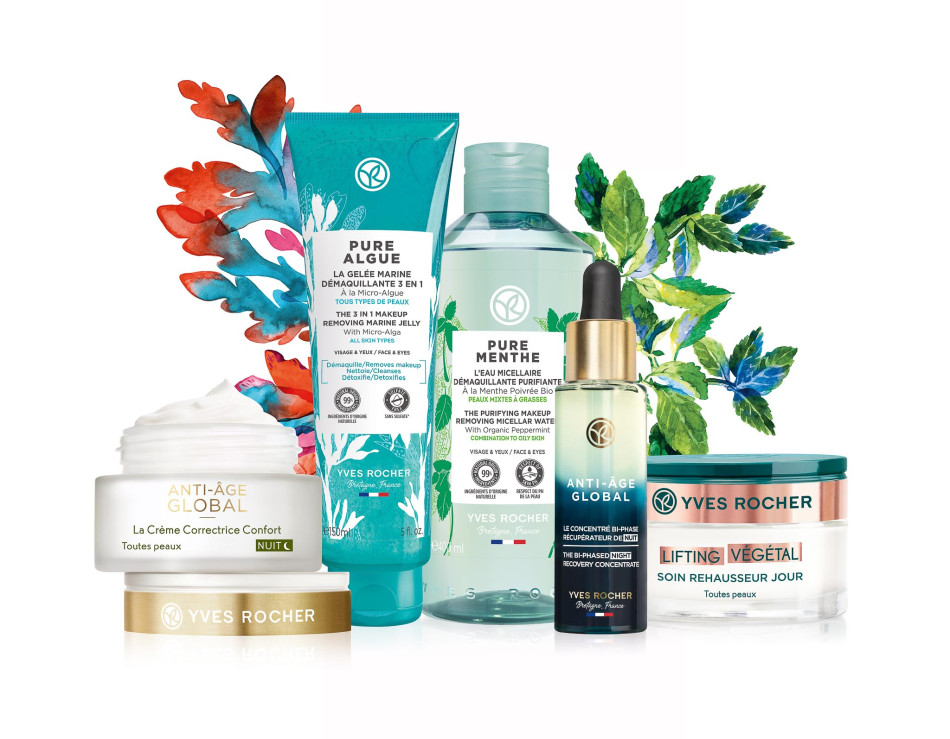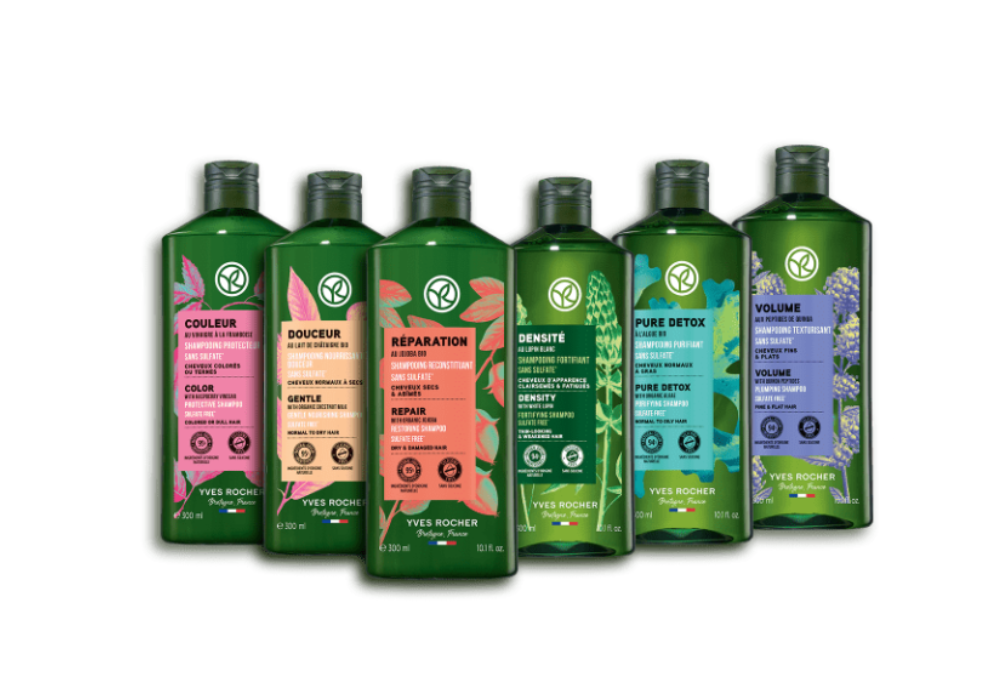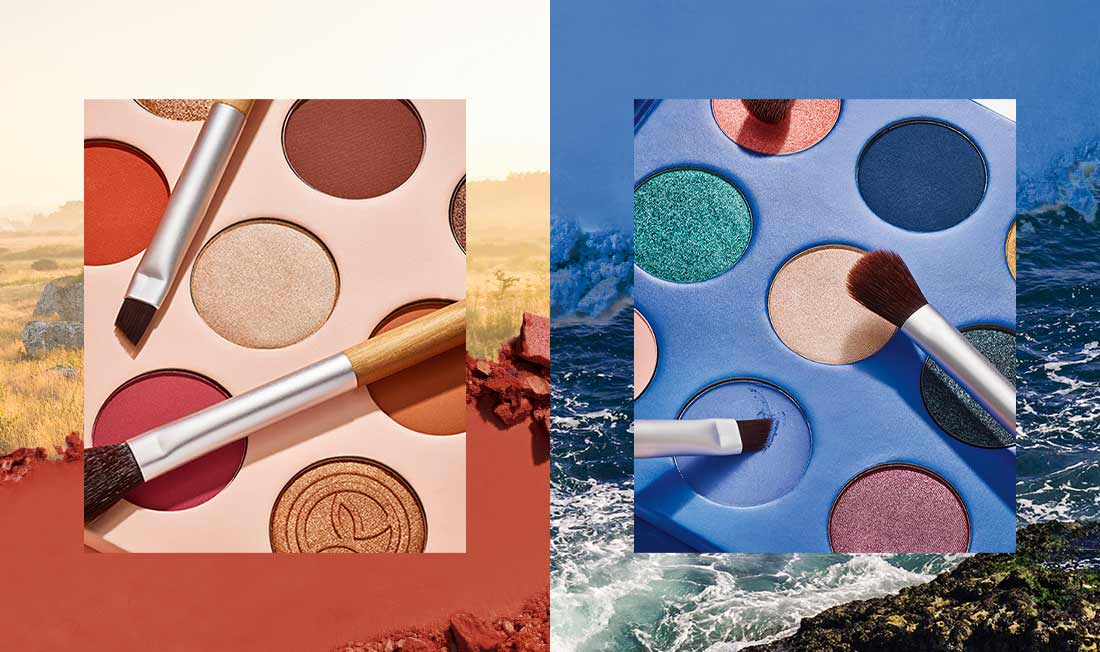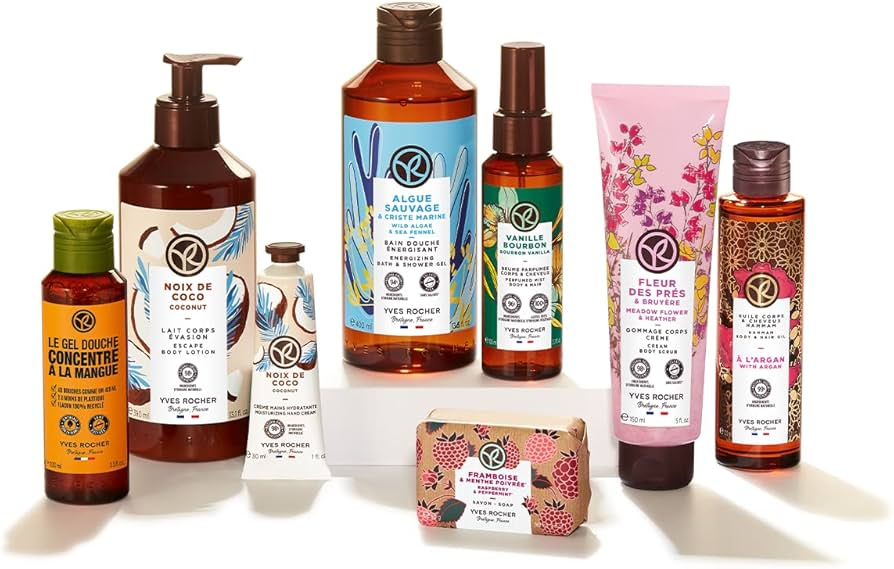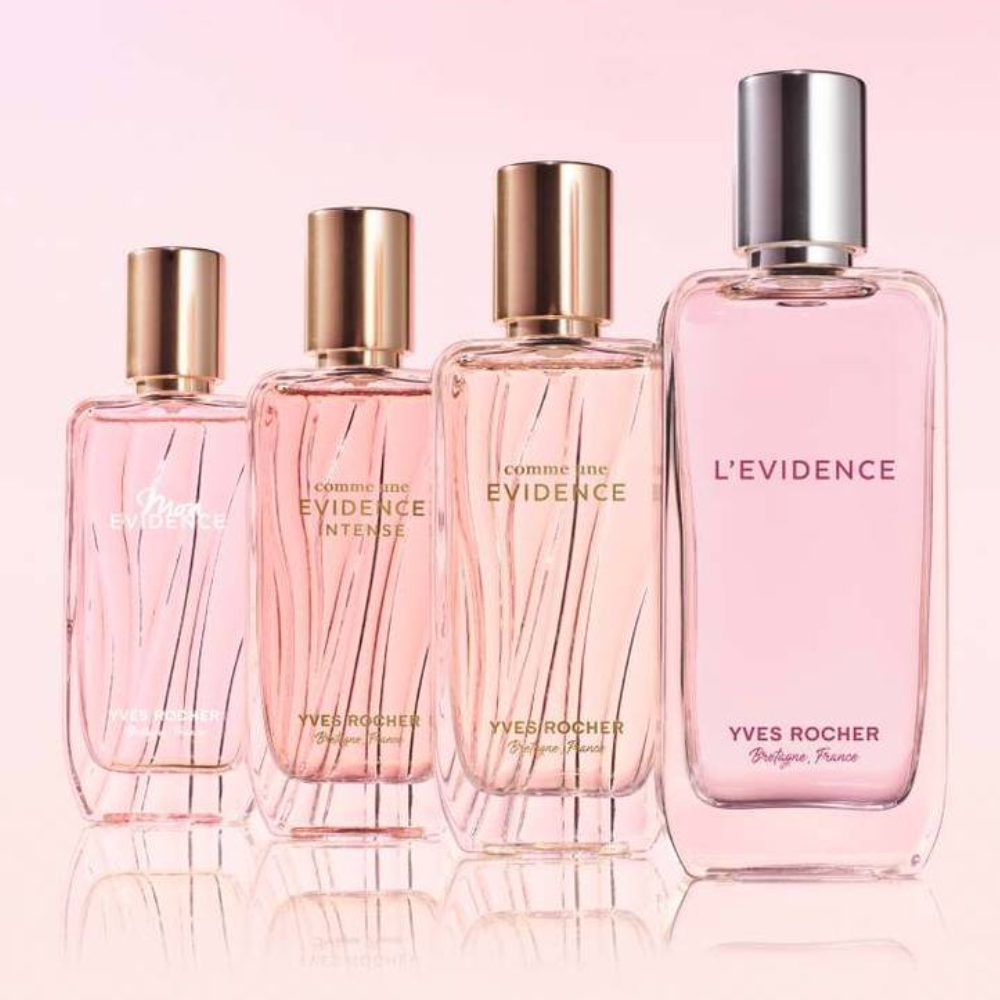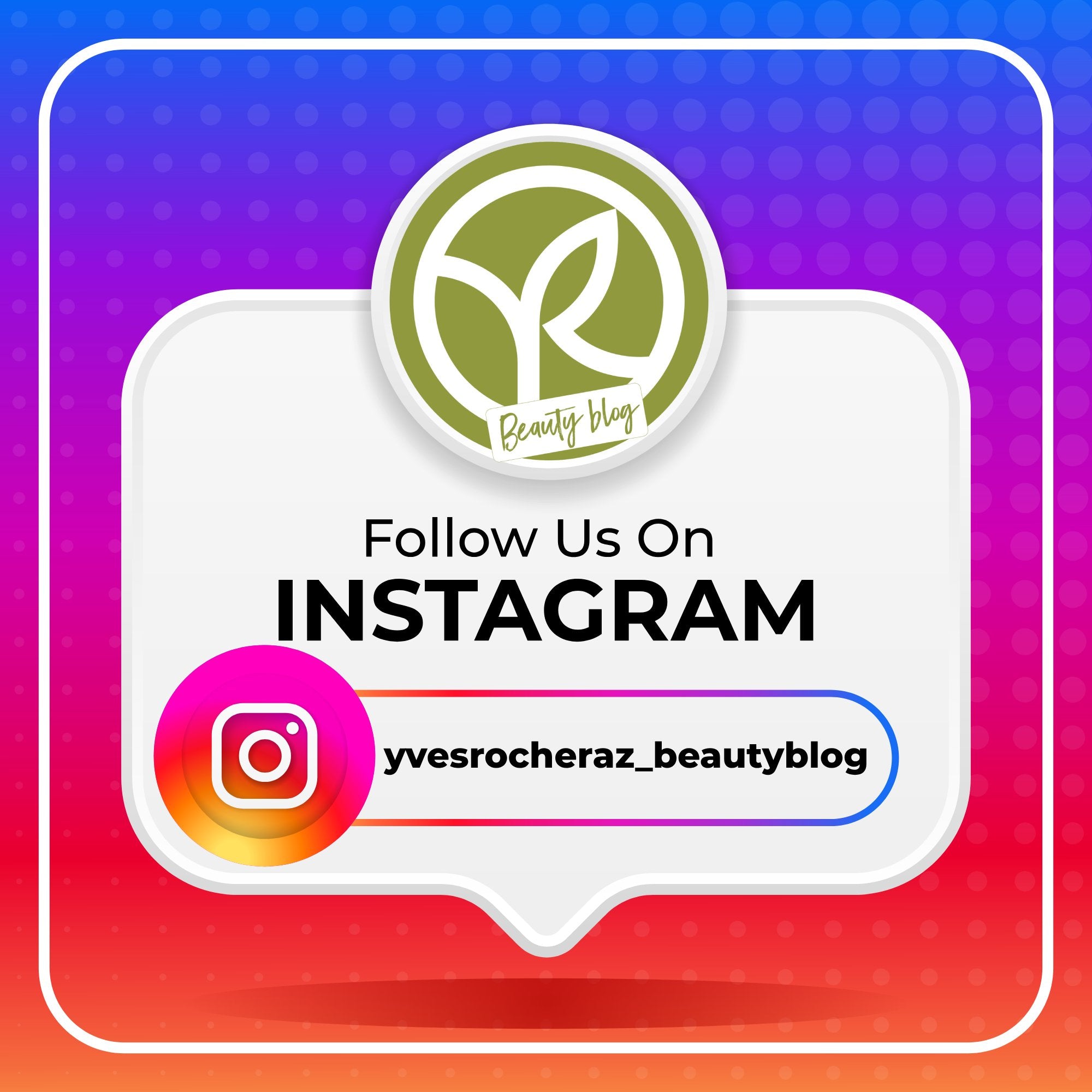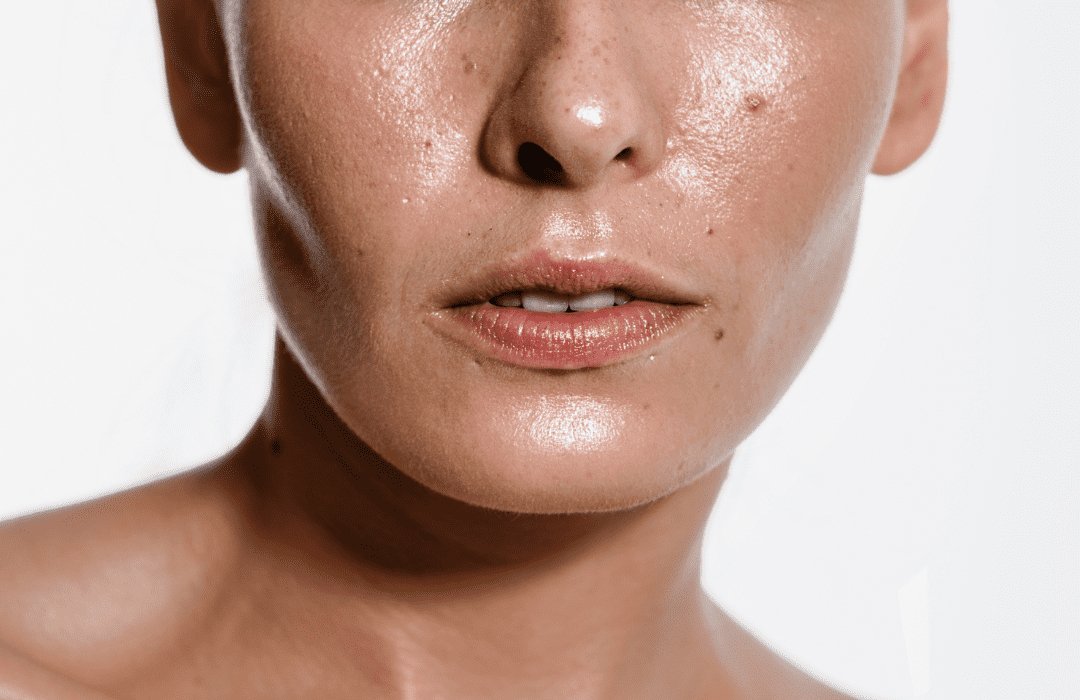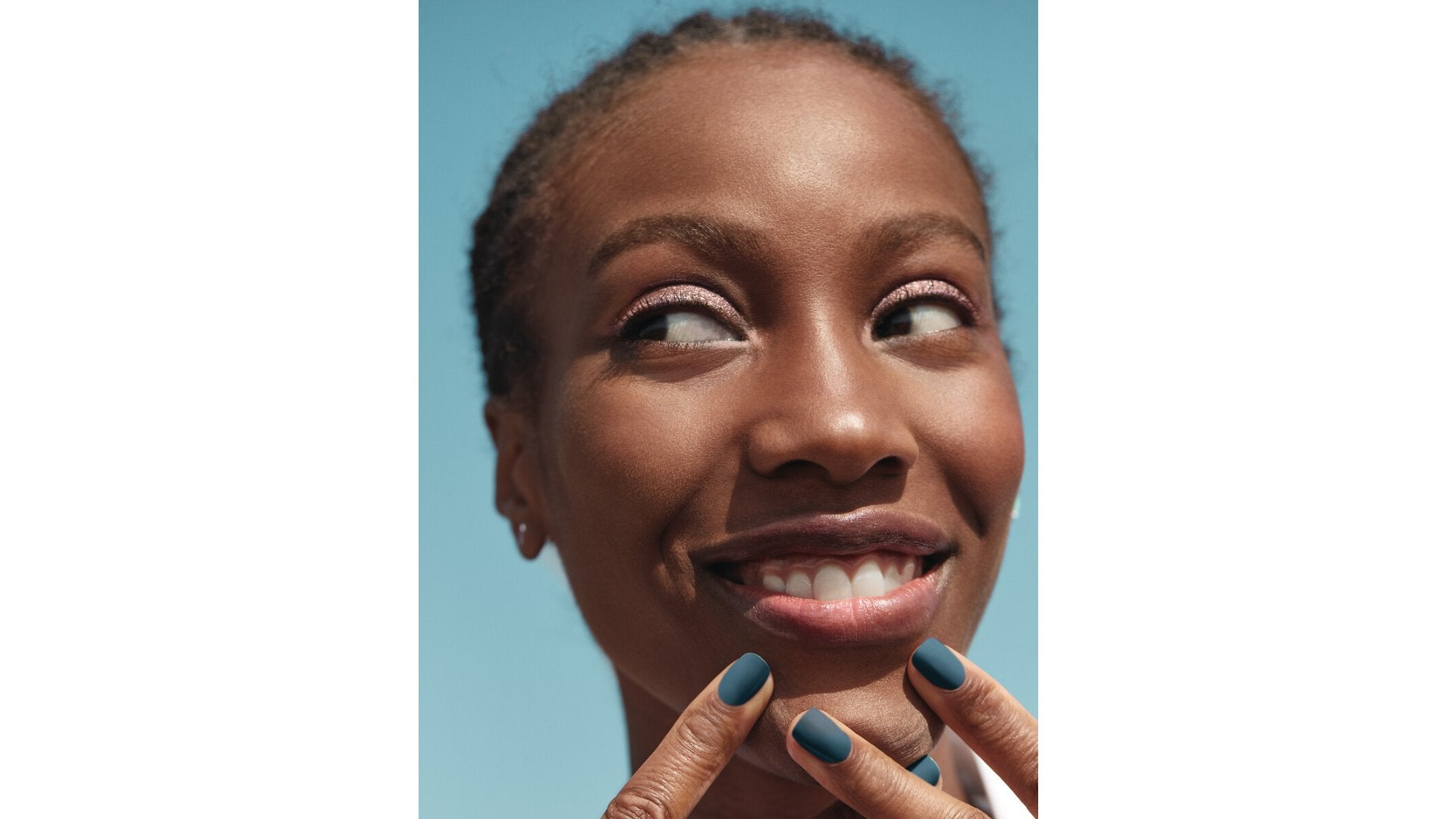
What is Acne and How to Treat It
What is acne? Almost every rash that appears on the skin most of the time is simply called a pimple. However, it is important to remember that there are many types of acne in general, and each type of acne requires special skin care. That is why it is usually difficult to quickly find the right acne treatment.
Each person's skin is unique. The treatment or skin care method that will be appropriate in one case may not have a good effect in the other. For example, a person with cystic acne will not be helped by creams and scrubs against blackheads. Also, if the rash on the face is caused by irritation or clogged pores, there is also no point in using professional anti-acne remedies. For such cases, creams, masks are available that soothe and cleanse the skin at the same time.
General Information about Acne
It is already known to all that acne is a rather unpleasant phenomenon. But never be discouraged. It is possible to fight this kind of problem as well. The most important point in this is to determine what type of acne your skin suffers from. The most common types of acne are:
- Comedones
- Papula and pustula
- Cystic acne
- Postacne scars and spots
Acne on the face can manifest itself in different ways, depending on the severity of inflammatory processes: blackheads, red pimples, painful pimples with pus, whiteheads. In most cases, acne affects the T-zone (nose, forehead, chin), the zone with the greatest activity of the sebaceous glands and the maximum enlarged pores. Acne in the U-zone (cheeks) appears less often.
In general, what are the facts known to many of us about acne?
- It is impossible to determine exactly where acne will form on your body. Everything is genetically determined. However, acne most often occurs on the face, back and chest.
- Acne is not contagious. Even so, acne is often the cause of psychological problems in adolescents and adults, as this problem generates, above all, a serious aesthetic discomfort.
- Acne occurs not only in adolescents. Rashes are also observed in infants and even in people over 50 years of age.
- Acne causes depression in many cases.
- Acne is not only an aesthetic problem, but also a serious sign of a certain imbalance in the body. In general, it is better to treat acne together with a gynecologist-endocrinologist and nutritionist.
Signs of Acne
Usually, the symptoms of acne on the face and other parts of the body are clearly expressed, regardless of the type of rash. It is impossible not to notice the main signs of acne:
- Small red rashes on the face and chest (also, may be purulent);
- After drying, it may leave a dark brown spot (pigmentation) or scar at the site of the pimple;
- Increased secretion of skin fat;
- Facial skin has an excessive oily sheen;
- After washing the hair, they quickly become oily again.
At this stage, it is important to pay attention to the signs that have arisen. Because later the number of pimples grows and begins to spread to more areas.
Causes of Acne
Acne in adolescents is most often associated with a hormonal surge. The peak of the development of the disease most often falls on the age of 14-18 years. At a more mature age, the causes of acne are various diseases and pathologies, including excessive development of the sebaceous glands, follicular keratosis, inflammations of an infectious and microbial nature.
The genetic factor also plays a major role. In the presence of a blood relative with problem skin and rashes, the risk of developing acne also increases.
The factors that most often contribute to the appearance of acne are the following:
- Violation of lipid metabolism;
- Increased activity of acne propionobacteria and increased activity of the sebaceous glands;
- Increased volume of sebum secreted as a result of hormonal imbalance;
- Hereditary factors;
- Skin hyperkeratosis;
- Diseases of the gastrointestinal tract;
- Failure to comply with the rules of proper hygiene and squeezing out acne.
Acne is almost always the result of problems arising from a number of reasons. However, the reasons for the appearance of acne can be divided into two large groups:
- Internal (endogenous): hormonal surges, pregnancy, endocrine pathologies, hyperkeratosis, stress, weakened immunity, etc.
- External (exogenous): poor-quality cosmetics, ultraviolet rays, hot air, contact with drugs, chemical products, etc.
The endogenous (internal) causes of acne are caused by problems in the patient's body. Exogenous (external) causes, on the other hand, are caused by various external influences on the skin that can cause acne. The reason for the formation of acne in each specific case can be both individual factors and a combination of various endogenous and exogenous factors. It is recommended that you undergo a professional comprehensive examination to determine the exact cause.
Stages of Development of Acne
Dermatologists divide the development of acne into 4 stages, depending on the severity of the symptoms:
- Easy. It is characterized by a small rash without visible inflammation. In this case, the sebaceous glands look like white or black dots.
- Average. A small amount of inflammation is present. Small blackheads appear on the pimples.
- Heavy. The number of comedones increases markedly. The inflammatory process is actively developing.
- Very heavy. Scarring and cystic changes are formed. Inflammation reaches its peak level. The sizes of pimples exceed 5 mm.
Treatment of Acne
Usually treatment is carried out on an outpatient basis. The main goals are to eliminate the inflammatory process and reduce sebum production.
At the initial stage, the specialist will prescribe lotion, ointment or acne cream for external use.
Another clinical recommendation to eliminate acne is the regulation of nutrition. To reduce the inflammatory process, products that cause acne are excluded from the diet. Such products usually include red meat, sugar and desserts, coffee, cheeses. Adding vegetables, herbs, unsweetened fruits and berries to your diet will help you cope with the problem faster.
Procedures such as mechanical cleansing of the face, phototherapy can only be prescribed as directed by a doctor.
For diagnosis, the doctor will prescribe laboratory tests that will help determine the exact cause of acne:
- General blood test;
- ESR (erythrocyte sedimentation rate);
- Urinalysis;
- C-reactive protein;
- Total protein analysis;
- Testosterone and female hormonal profile and etc.
At this stage, it is important to rule out other skin diseases such as seborrheic dermatitis, skin tuberculosis and rosasea. When the first signs of acne are found, it is necessary to consult a dermatologist or endocrinologist.
The spots that remain after acne, in general, can have a pinkish-red tint, while over time they become paler. The appearance of these types of spots is the result of the production of melanin pigment at the site of inflammation. On the face, such spots, as a rule, are small, but in other areas of the skin they can be larger.
Why shouldn't you squeeze pimples yourself?
- The risk of spreading the infection increases, which will lead to a more complex clinical picture. However, the duration of treatment will also be longer.
- At the initial stage, acne is easier to treat. If necessary, the doctor will refer you to other specialists (gynecologist, endocrinologist, nutritionist) to identify the causes of internal problems.
- When you remove acne yourself, scars, and blemishes can form.
Skincare after Acne Treatment
After acne treatment, it is important to properly care for the skin, but most importantly, take care of your own health and diet. This will help prevent the problem from recurring.
If postacne spots remain on the skin after treatment, it is recommended to try hardware treatments that the beautician can prescribe.
Recommended Skin Care Products in Yves Rocher Stores
To prevent acne, it is necessary to properly care for the skin. In such cases, it is recommended to use a line of cosmetics based on natural ingredients: you can use foams, gels, lotions and other means that reduce sebum secretion.
The use of alcohol-based scrubs and other skin care products is not recommended. These types of products irritate the sebaceous glands and increase the production of secretions.
Yves Rocher produces the special care line for problem skin called Sebo Pure Vegetal. This plant-based series includes a lotion for cleansing pores, a cleansing gel-gommage, a moisturizing cream, a mask and an SOS-remedy for local application.
